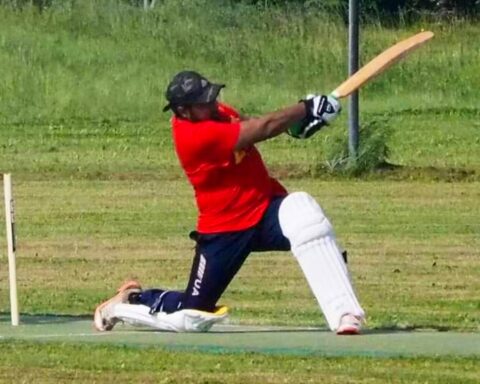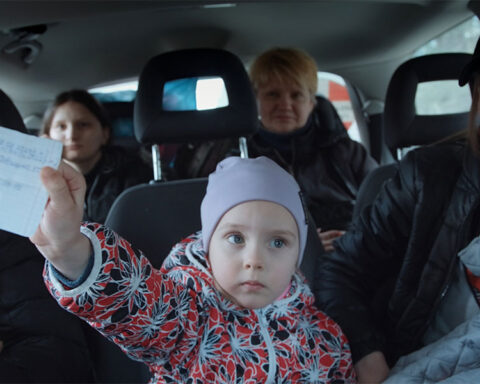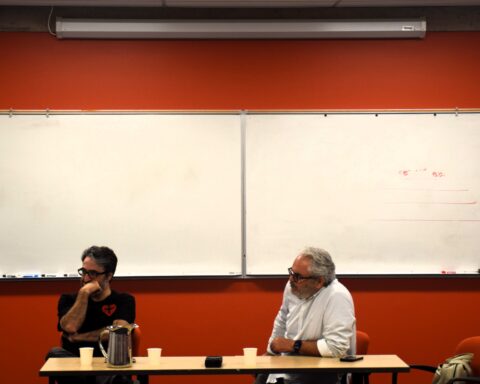What are the legal and moral implications of using drones in present day warfare? Are these unmanned, but armed, aircrafts really successful in accomplishing the goal of winning the war on terror?
Drone, by Norwegian filmmaker, Tonje Hessen Schei takes on these questions, and answers the latter, with a resounding no. As Col. Wilkerson, Chief of Staff to former U.S. Secretary of State, Colin Powell, says, “Tell me how are we winning, if every time we kill four (terrorists), we create 10?”
[W]ho is accountable for hundreds of children who have been orphaned, injured or killed by these [drone] strikes?
Waziristan, a mountainous region in Pakistan, is struck by drones “every two to three months,” shares the film. From 2004 to 2013, the total number casualities by drones in Pakistan have been 2537 to 3646.
Were all those that were killed the “bad guys”? How would that be determined if they were never charged or indicted in a court of law? And who is accountable for hundreds of children who have been orphaned, injured or killed by these strikes?
Human rights activists in Waziristan stick posters of children on the tops of the houses so that the drone operators won’t just see “dusty houses” through their precision cameras. Through this, the activists hope to humanize the war and create awareness about innocent lives impacted by drone strikes.
https://www.youtube.com/watch?v=i43vSC-dTC0&feature=youtu.be
The film itself achieves a similar objective as it shows us various shots of local children playing or going to school. Drone also delves into the issues of “militainment” (the militarization of American pop culture) and distance warfare and how they result in desensitization towards ‘targets’. And what it uncovers is chilling.
There are also those that are rallying up against drones – Pakistanis and Americans alike.
A former drone operator who is suffering from Post-Traumatic Stress Disorder (PTSD) continues to raise awareness in spite of receiving death threats. A British human rights lawyer convinces locals to help in providing evidence against these “war crimes”. A local activist files a case in Pakistani courts against the Central Intelligence Agency (CIA) for “extra-judicial” killings.
Schei’s Drone has an agenda and it is very convincing. It is the film to watch for anyone who has ever wondered what lies behind the statistics and rhetoric of drone warfare.
Shazia Javed is a writer, photographer and filmmaker. This review marks the wrap of her weeklong coverage of diverse films and filmmakers at the 2015 Hot Docs Canadian International Film Festival.




